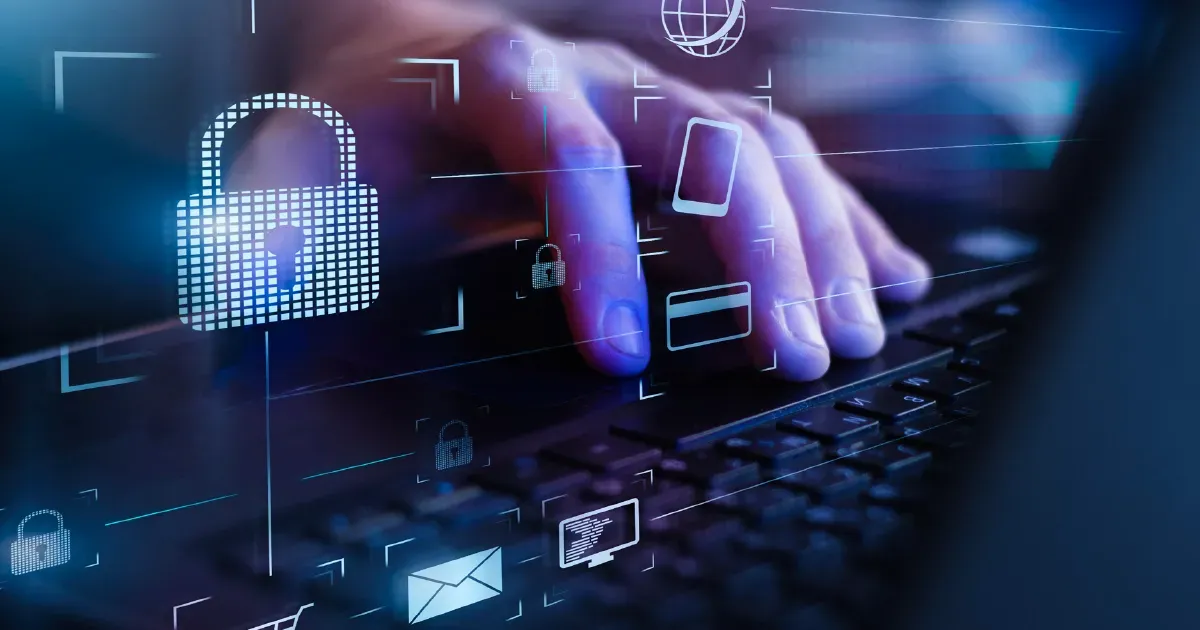
With the ever-increasing shifts to online services and the greater dependence on the world wide web, it has been indispensably crucial for organizations to redefine data storage practices and reinforce security measures to safeguard their system against evolving threats.
Traditionally, businesses across industries rely on centralized systems to store data sets, which poses a higher risk of cyber theft of sensitive information. It makes it essential for entrepreneurs and organizations to invest in decentralized app development that protects data in a way that can be altered, modified, or even deleted while users have full control of their data.
In contrast to centralized systems, decentralized applications ensure users' data will remain secure, transparent, and immutable and can be shared only when authorized users consent to provide information.
How Decentralized Systems Can Help Organizations?
Decentralized app development helps redefine how we interact with the internet while creating a transparent and secure digital world. It is why businesses from different industries like healthcare, finance, retail, supply chain, etc., increasingly rely on dApps development to protect significant troves of data.
Here are some of the ways decentralized solutions can benefit businesses, enhance cybersecurity, and secure data privacy.
Immutable and Transparent
Decentralized applications provide a transparent and immutable record of users' information, including their transaction history, names, address, contact details, and so on. The information saved in this way can’t be altered or deleted, resulting in a reduced rate of cybercrime and enhanced data security.
Decentralization Control
One of the biggest benefits of using dApps is that they are decentralized, which means they are not controlled by any central authority. It reduces the risk of a single point of failure, making it intimidating for cybercriminals to execute their malicious plans of theft or data breaches.
Data Encryption
Unlike centralized systems, decentralized solutions leverage the power of advanced encryption techniques for data protection, making it more secure and extremely daunting for cybercriminals to access sensitive data.
Smart Contracts
Decentralized applications work on the principles of smart contracts, which are self-executing contracts stored on blockchain technology. These smart contracts are programmed to enforce predetermined rules, ensuring that data interactions are done securely and automatically without needing intermediaries. It helps minimize the risk of unauthorized access and data breaches.
Identity Management
DApps are widely used to build a secure, immutable, and decentralized system for identity management. Having a decentralized system for identity management helps minimize the potential risk of cyber attacks and prevent identity theft while strengthening data privacy.

Cybersecurity Auditing
DApps development also helps conduct cybersecurity audits, which gives a transparent and comprehensive view of security events and activities. By harnessing the power of blockchain technology, dApps create an immutable audit trail that stores all transactions and activities. This audit trail enables auditors to trace data flows, identify vulnerabilities, and ensure security compliance.
Increased Security
Since dApps are developed on the principles of blockchain technology, they are more secure and reliable than centralized systems. It is so because a decentralized system does not have any central authority to manage data, making it more intimidating for cybercriminals to steal or alter the system.
Improved Transparency
In the decentralized system, all interactions and transactions are stored on a public ledger, giving a transparent view to know what is happening on the platform. It helps users understand how platforms work, increases transparency, and reinforces trust in the system.
Easy Accessibility
The development of decentralized applications makes it easy to access data at any time and from any corner of the world. All you need is an active internet connection, and you can manage your digital assets on the go without the involvement of any intermediaries. This makes it a great option for users who are more concerned about their data privacy and looking for something more secure to manage their digital records.
The Future of Decentralized Applications
With the ever-proliferating use of online services, the future of decentralized applications appears promising in the technology world, significantly revolutionizing how businesses store data and reinforcing the cybersecurity system.
Imagine a landscape where everything is connected to one another, and no single entity is authorized to manage sensitive information! This is the world that an app development company is helping to create by building custom decentralized solutions.
DApps have shifted the power from centralized authority to a decentralized system, making users’ interactions and transactions more secure, tamper-proof, and transparent. So, it’s evident that dApps development is a game-changing technology redefining how we interact with the internet.
Conclusion
Decentralized applications are a revolutionary technology, creating a tamper proof and transparent landscape that prioritizes data security and privacy. Its multiple features, like data encryption, smart contracts, immutable ledger, etc, help reduce the risk of vulnerabilities, reinforce trust, and empower users to have greater control over their sensitive information in the digital world.
References
- https://www.linkedin.com/pulse/blockchain-cybersecurity-enhancing-data-protection-privacy
- https://intellipaat.com/blog/what-is-dapp/#:~:text=Since%20DApps%20are%20built%20on,hackers%20to%20compromise%20the%20system.
- https://forkast.news/why-decentralization-protect-user-data-privacy/
- https://www.makeuseof.com/what-is-decentralized-social-media/